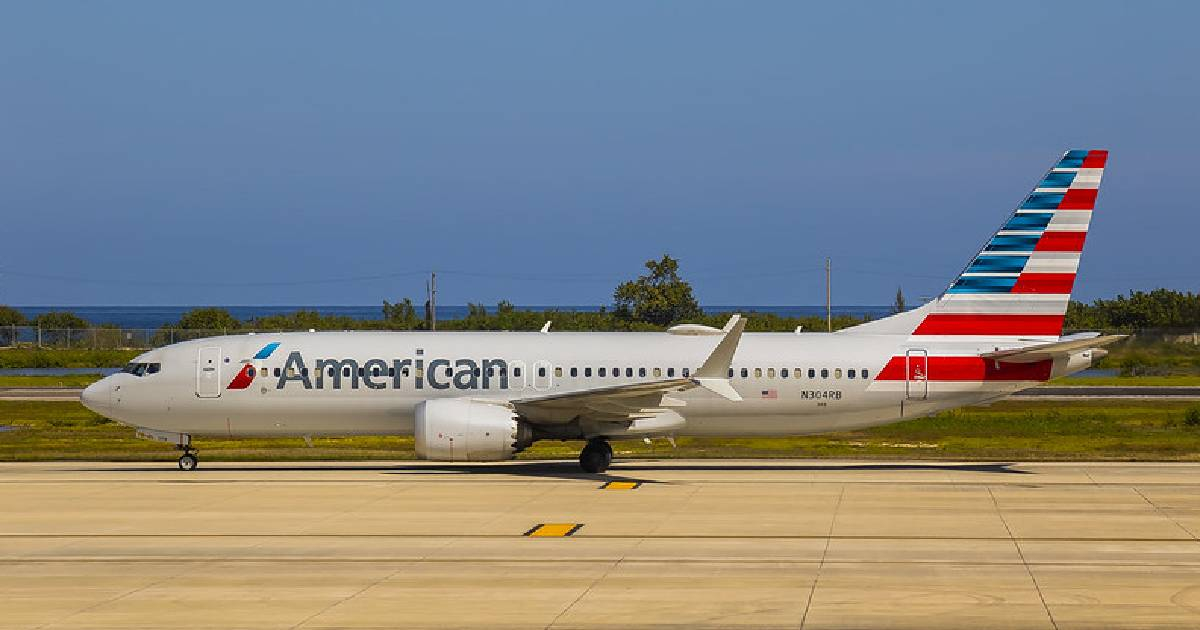The Customs and Border Protection (CBP) agency has released the figures for the beneficiaries of the humanitarian parole program who have entered the United States since the program's inception in 2023 and up until July 2024. The total number of Cubans who were examined and authorized for travel has reached 110,000.
As of the end of July, more than 520,000 individuals from Nicaragua, Venezuela, Haiti, and Cuba have benefited from this program under the Biden administration. Specifically, since January 5, the date when this program went into effect, a total of 109,000 Cubans, 205,000 Haitians, 90,000 Nicaraguans, and 115,000 Venezuelans have legally entered and obtained parole, according to the document published on the CBP website.
Humanitarian Parole Statistics and Fraud Issues
The figures announced yesterday indicate that 4,870 Cubans managed to enter the U.S. with humanitarian parole during July alone. Up until June, 104,130 Cuban citizens had benefited from this program.
However, Haitians remain the most favored group in receiving humanitarian parole and show the highest growth in entry among the four nationalities benefiting from this immigration relief.
For the month of August, a significant decline is expected, as the U.S. government temporarily suspended travel permits at the start of the month following an internal report revealing significant levels of fraud. This was reported by Fox News on August 2, citing a spokesperson from the Department of Homeland Security (DHS).
The government source indicated that "out of caution," the issuance of advance travel authorizations for the program was suspended in mid-July. A thorough review of sponsor applications, which is the focal point of the fraud, is currently underway.
The document, revealing significant fraud levels in the application process for this Joe Biden administration program, indicates that for Cubans, Haitians, and Nicaraguans, the suspension has been in effect since July 18, 2024, while for Venezuelans, it started on the 6th of the same month.
Among the most common frauds, authorities have detected the use of social security numbers of deceased persons, incorrect addresses (such as warehouses and businesses) to avoid providing the residence address where the program beneficiaries would live, and the unauthorized use of sponsor data.
Immigration attorney José Guerrero stated in an interview that if a beneficiary's parole is linked to fraud, they will lose their process. Those who have sought help to fill out a form or have paid for it should have the contact details of the person who initiated the process and document each step with images to prove they were not involved in the fraud.
The lawyer emphasized that penalties can be up to 10 years in prison if a person is proven to have committed fraud with the program.
Key Details on Humanitarian Parole and Fraud Issues
Below are some frequently asked questions and answers providing more insight into the humanitarian parole program and the associated fraud issues.
What is the humanitarian parole program?
The humanitarian parole program allows individuals from specific countries, including Cuba, to enter the U.S. legally and temporarily for urgent humanitarian reasons or significant public benefit.
Why was the issuance of travel permits temporarily suspended?
The issuance of travel permits was temporarily suspended due to significant levels of fraud identified in the application process, necessitating a thorough review of sponsor applications.
What types of fraud were detected in the program?
Authorities detected several types of fraud, including the use of social security numbers of deceased individuals, incorrect addresses, and the unauthorized use of sponsor data.
What are the potential penalties for committing fraud in this program?
Those found guilty of committing fraud in the humanitarian parole program could face penalties of up to 10 years in prison.
